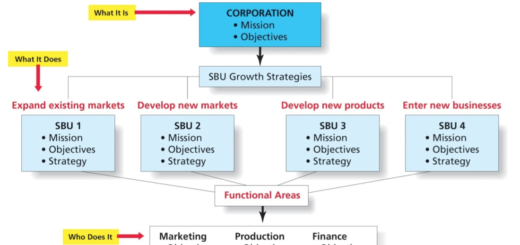Strategies to Mitigate Unconscious Bias
Strategies to Mitigate Unconscious Bias in Performance Appraisal
There are several strategies that line managers can use to avoid unconscious bias in performance reviews:
- Use objective criteria: Line managers should use objective criteria such as specific job-related goals, objectives, and KPIs to evaluate employee performance. This can reduce the influence of unconscious bias and provide a more accurate and consistent assessment of employee performance.
- For example, if a line manager is evaluating an employee’s sales performance, they can use metrics such as the number of leads generated, number of deals closed, and revenue generated to provide a more objective assessment of the employee’s performance, rather than relying on subjective opinions or biases.
- Provide specific examples: Line managers should provide specific examples of employee performance to support their evaluations. This can help reduce the influence of unconscious bias and provide a more accurate and objective assessment of employee performance.
- For example, if a line manager is evaluating an employee’s communication skills, they can provide specific examples of instances where the employee demonstrated effective communication, such as successful negotiation with clients, or delivering presentations to stakeholders.
- Train line managers: Organizations can provide training to line managers to help them recognize and avoid unconscious bias in performance reviews. Training can include education on unconscious bias and its impact on performance evaluations, as well as strategies to reduce the impact of bias on performance evaluations.
- For example, organizations can provide line managers with training on how to recognize and reduce the impact of confirmation bias by encouraging them to seek out contradictory evidence and diverse perspectives when evaluating employee performance.
- Encourage feedback: Line managers should encourage feedback from multiple sources, such as peers, colleagues, and customers, to provide a more accurate and comprehensive assessment of employee performance. This can help reduce the impact of unconscious bias and provide a more objective evaluation of employee performance.
- For example, if a line manager is evaluating an employee’s customer service skills, they can seek feedback from customers or colleagues who have interacted with the employee to provide a more comprehensive and objective evaluation of their performance.
By using these strategies, line managers can reduce the impact of unconscious bias in performance reviews and provide a more accurate and objective assessment of employee performance.


